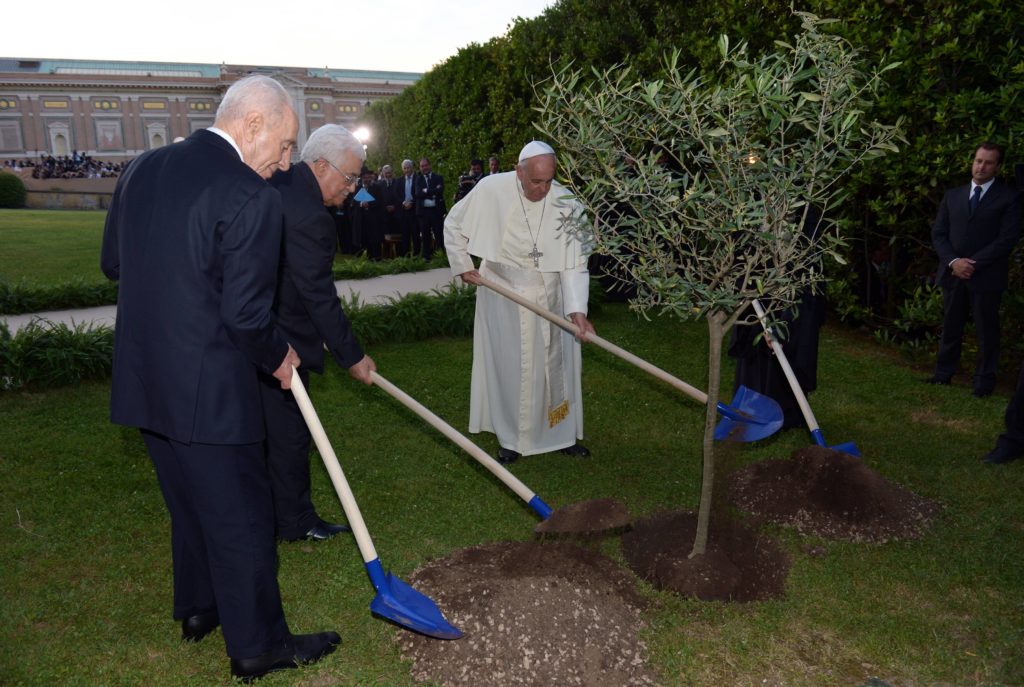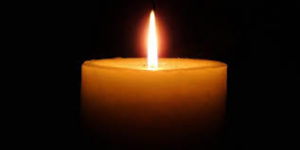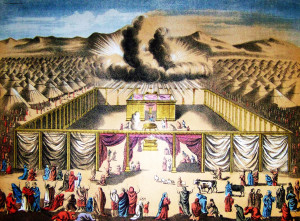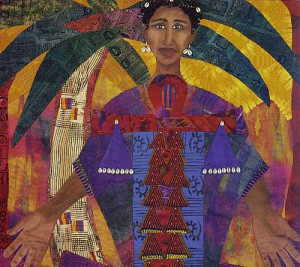Six women meet in Parshat Shemot and change the course of Jewish history. The first Torah portion of the book of Exodus introduces us to six “amizot”, six unique and brave women. Each woman in her own way takes a critical part in the grand saga of the liberation of the Israelites from Egyptian slavery.
We start the book of Exodus with the challenge of historical memory. “A new king, who did not know Joseph, came into power over Egypt. He announced to his people “The Israelites are becoming too numerous and strong for us.”(Exodus 1:9). He outlines a plan of oppression and infanticide to rectify this problem. He is thwarted in this endeavor by the first two women we meet in the parsha. Puah and Shifra, professional midwives who work in the Jewish quarter. Pharaoh commands these women to carry out his nefarious plan. They are charged with killing all male Hebrew children. They don’t do it. With the fear of the Almighty and with their own professional ethics, they stand up to authority and commit acts of civil disobedience. “The Hebrew women are not like the Egyptians” replied the midwives to Pharaoh, “They know how to deliver. They can give birth before a midwife even gets to them”. (Exodus 1:19)






